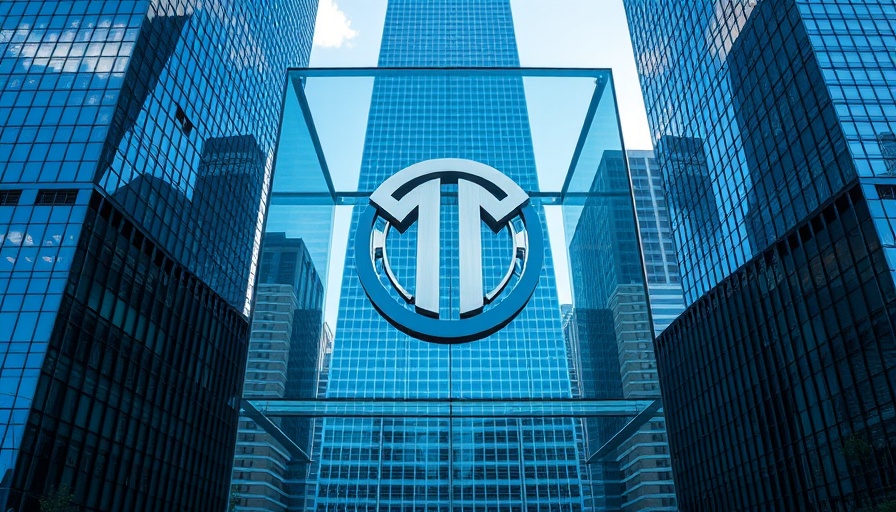
Apple Faces Lawsuit Over Copyright Violation in AI Training
In a significant development for both tech and copyright law, Apple Inc. is being sued in a California federal court by neuroscientists Susana Martinez-Conde and Stephen Macknik. The professors claim that Apple unlawfully utilized thousands of copyrighted books—including their own works—to train its Apple Intelligence AI model. This lawsuit underscores a growing concern regarding how artificial intelligence systems are developed and the ethical implications of using copyrighted material without consent.
The Growing Trend of Copyright Legal Battles in Tech
This lawsuit is not an isolated incident. Apple's case aligns with a broader trend where numerous tech giants like OpenAI and Meta are facing similar lawsuits from authors and copyright owners. Recent legal actions have prevalent implications for how AI models are trained and the potential financial damages for tech companies accused of copyright infringement. In fact, Anthropic recently settled a case for $1.5 billion related to similar allegations, signaling a potentially worrying precedent for firms engaging in AI development using unlicensed materials.
Implications of AI Training on Copyright Law
The root of the lawsuit lies in allegations that Apple utilized “shadow libraries”—unauthorized databases containing copyrighted texts. Martinez-Conde and Macknik's complaint indicates that their works, including "Champions of Illusion" and "Sleights of Mind," were scraped and exploited without permission, thus raising essential questions about intellectual property rights in the digital age. As these issues unfold in courts, they will likely redefine the boundaries of fair use, especially concerning educational content and proprietary writing.
What This Means for Consumers and the Insurance Industry
For South Carolinians interested in the interplay between technology and consumer rights, the outcome of this case could signal shifts in both copyright and AI use regulations. If tech companies are compelled to reassess how they train their AI systems, this could influence various sectors, including insurance, where AI is increasingly integrated into claims processing and customer service. The ongoing legal discourse surrounding AI also presents an opportunity for consumers to examine and understand their rights as beneficiaries of intellectual property laws.
How to Stay Informed in a Rapidly Changing Legal Landscape
As lawsuits related to copyright and AI proliferation multiply, consumers must remain informed of relevant trends and updates that may affect them directly. Keeping an eye on industry claim updates, especially those involving AI and copyright disputes, is imperative. By doing so, individuals can better navigate the evolving landscape of insurance and tech products, and more importantly, know their legal rights in relation to their purchases and interactions with tech companies.
Reflecting on the Intersection of AI and Personal Rights
The lawsuit against Apple serves as a reminder of how technology can challenge existing frameworks that protect intellectual property. If you feel overwhelmed or confused by such rapid changes, remember that understanding the implications of these developments can empower you as a consumer. Paired with ongoing discussions about how insurers adapt to AI technology, these issues spark essential conversations about rights, responsibilities, and the value of original works.
 Add Row
Add Row  Add
Add 




Write A Comment